Industrial operations rely on precision, performance, and reliability. At the core of these operations lies a fundamental component, industrial motors. These motors power everything from conveyor belts and pumps to CNC machines and fans. Whether you're building a new system or upgrading an existing one, choose the right motor carefully. The motor must align with your operation's demands, including required operating speed and motor controller compatibility. Selecting the correct motor requires thoughtful consideration to ensure efficient and reliable system performance.
From asynchronous motors to those designed for synchronous speeds, understanding your system's specific needs is essential. Elements like stator windings, motor winding types, and motor speed play a critical role. They ensure optimal efficiency and reliability in various industrial applications. At eINDUSTRIFY, we help businesses navigate the complexity of motor selection. We guarantee the motor meets performance standards, saves energy, and reduces downtime. This guide provides a practical look at how to choose the right industrial motors for your application.
An industrial motor converts electrical energy into mechanical energy to drive machinery in factories, warehouses, and production plants. These electric motors deliver durability, consistent output, high starting torque, and high reliability. They perform well in demanding environments and maintain consistent operation under harsh conditions.
Engineers design these motors with features tailored for industrial applications. They support automation systems, HVAC units, machine tools, and material handling systems efficiently. Many of these systems rely on a rotating magnetic field to generate motion through the motor shaft. Selecting the correct type of motor, such as brushless DC motors, ensures better performance. Brushless DC motors deliver cost savings and extend equipment life in demanding environments. Motors require efficiency and minimal maintenance to perform well over time.
Understanding motor types is the first step to choosing a motor. Each motor functions differently and suits specific applications.
AC motors run on alternating current and dominate the industrial space due to their ruggedness and efficiency. They are ideal for constant speed applications and provide high efficiency at lower maintenance costs.
DC motors run on direct current and excel in applications that need speed-controllable performance. These motors allow precise control over torque and speed, making them ideal for robotics, hoists, and elevators.
DC motors may require more maintenance due to brushes and commutators. They best suit specialty applications that require specific performance.
Pump motors are specialized electric motors that drive pumps for moving liquids like water and oil. They also move chemicals or wastewater in various industrial applications requiring liquid transfer. These motors handle continuous operation and perform well under varying loads in demanding environments. Industries like water treatment, oil and gas, HVAC, agriculture, and manufacturing rely on these motors.
ATEX certified motors are specially designed electric motors built to operate safely in explosive or flammable atmospheres. These motors comply with the ATEX directive (ATmosphères EXplosibles) in the European Union. Industries such as oil & gas, chemical processing, mining, and pharmaceuticals rely on these motors. They use these motors where flammable gases, vapors, or dust may be present.
Fan motors are electric motors that specifically power fans in HVAC systems and cooling equipment. These motors operate in industrial ventilation systems and air handling units across various applications. They ensure consistent airflow, regulate temperature, and improve air quality in different environments. Factories, warehouses, and commercial buildings all benefit from the performance of fan motors.
Vent fan motors are electric motors that power ventilation fans in enclosed spaces. These motors remove stale air, fumes, heat, and moisture to improve air quality. Commonly used in commercial kitchens, restrooms, manufacturing plants, and warehouses, these motors ensure proper air exchange and environmental control.
General industrial motors are versatile electric motors used across a wide range of industries. Industries use them to power machinery, conveyors, pumps, compressors, and more. Manufacturers design these motors to deliver consistent performance under various operational conditions. They make them a key component in manufacturing, processing, and automation systems.
When you're selecting a motor, think beyond horsepower. Consider the whole operational landscape, how, where, and why the motor will run. Let’s explore the most critical factors.
Different applications require different motors. Evaluate your process and determine what kind of workload the motor will handle.
Questions to ask:
High-speed applications like centrifugal pumps benefit from AC motors for reliable performance. Precision tools might need DC motors to achieve better control and accuracy during operation.
Your facility’s power source, AC or DC, plays a significant role in choosing a motor. Ensure your motor matches the available voltage and frequency at the site. Industrial environments usually operate on three-phase AC, which is ideal for large, cost-effective electric motors.
Energy-efficient motors reduce operating costs and contribute to sustainability. Motors rated IE3 or above consume less power and operate cooler, improving system longevity. If your plant operates motors around the clock, energy-efficient models save thousands annually. Efficiency becomes even more critical when multiple motors run simultaneously.
Speed-controllable motors ensure optimal performance in tasks needing frequent speed changes. If your operation requires speed variations under load, select a motor with speed tuning capability. Use a motor that allows speed tuning through a variable frequency drive for better control. High torque and higher speeds often demand specific motor types for reliable performance. AC motors with VFDs handle torque and speed adjustments well in conveyors and mixers.
Motor size must match your equipment's demands. An undersized motor will overheat, while an oversized one wastes power. Determine the nature of your load:
Design motors for specific loads; match them correctly to prevent mechanical stress and performance issues.
Environmental factors also impact motor selection. Evaluate conditions such as:
Enclosed motors with protective housings handle harsh conditions better. You may need explosion-proof motors in volatile atmospheres like chemical plants or oil refineries.
If your operation runs 24/7, low-maintenance motors save time and cost. Choose designs that support easy bearing lubrication, thermal protection, and replaceable components. DC motors may require regular inspection due to brush wear, while AC motors often offer maintenance-free operation.
At eINDUSTRIFY, we simplify motor selection for industrial buyers. Our platform gives you access to a curated catalog of electric motors, including:
Industrial motors power the backbone of production, infrastructure, and logistics. They need to meet performance goals, energy standards, and application-specific demands. By evaluating speed, load, environment, power source, and energy efficiency, you can confidently make the right choice. When you’re ready to upgrade or scale, trust eINDUSTRIFY to deliver motors that match your business needs and budget.
At eINDUSTRIFY, we make it easy to find the perfect industrial motor for your specific needs. Whether you explore AC motors, DC motors, or high-speed solutions, our platform connects you. We connect you with top-tier products designed for performance and reliability. Our expert team guides you through every step of your selection process. They help you choose a motor based on your power source and operational conditions. They take careful consideration of your unique requirements before recommending the right motor. Trust us to simplify your buying journey and power your business with confidence.
Reach out today and get the right motor, right when you need it. Please email us at info@eindustrify.com or call us at +1 (888) 774 7632. Register for access to a premium global marketplace.
Tags: Industrial Motors AC Motors DC Motors Type Of Motor Cost Effective Power Source Electric Motors Selecting A Motor Industrial Applications Motor Converts Electrical
RECENT POSTS:
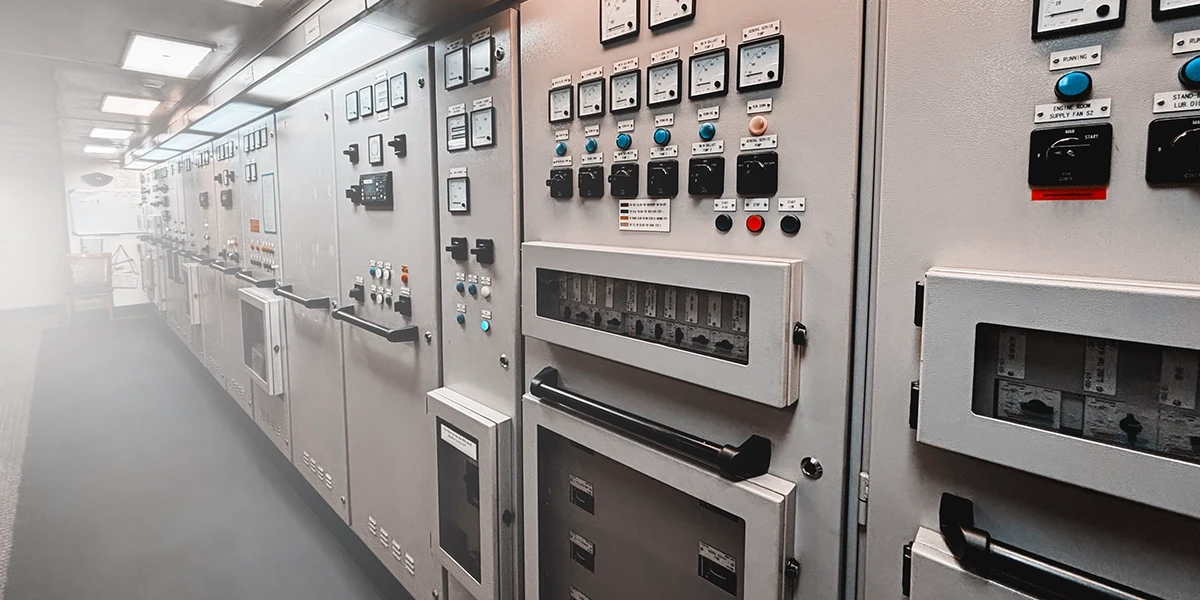
Essential Power Distribution Panels for Optimizing Your Industrial Setup
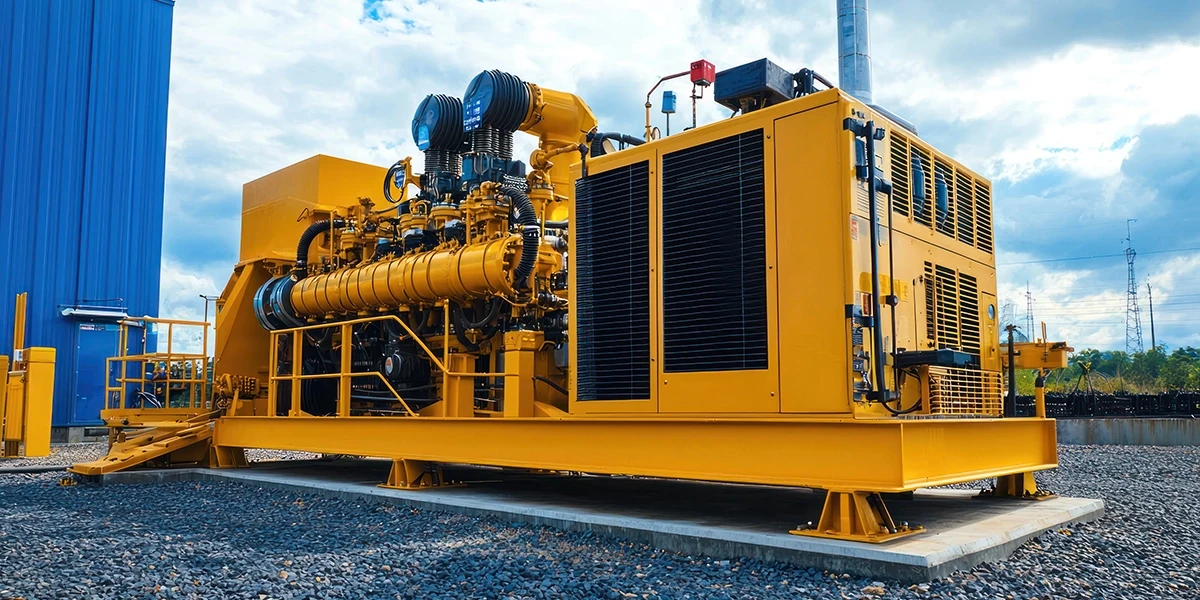
Top 5 Generator Protection Devices for Reliable Power Generation
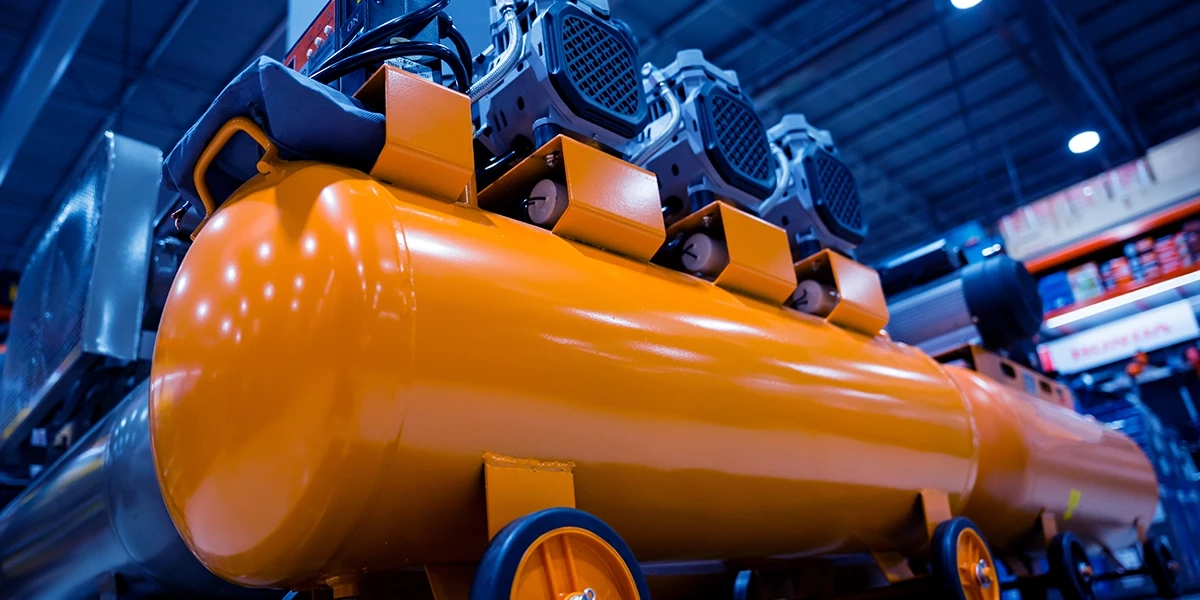
How to Choose the Right Industrial Air Compressor for Your Facility
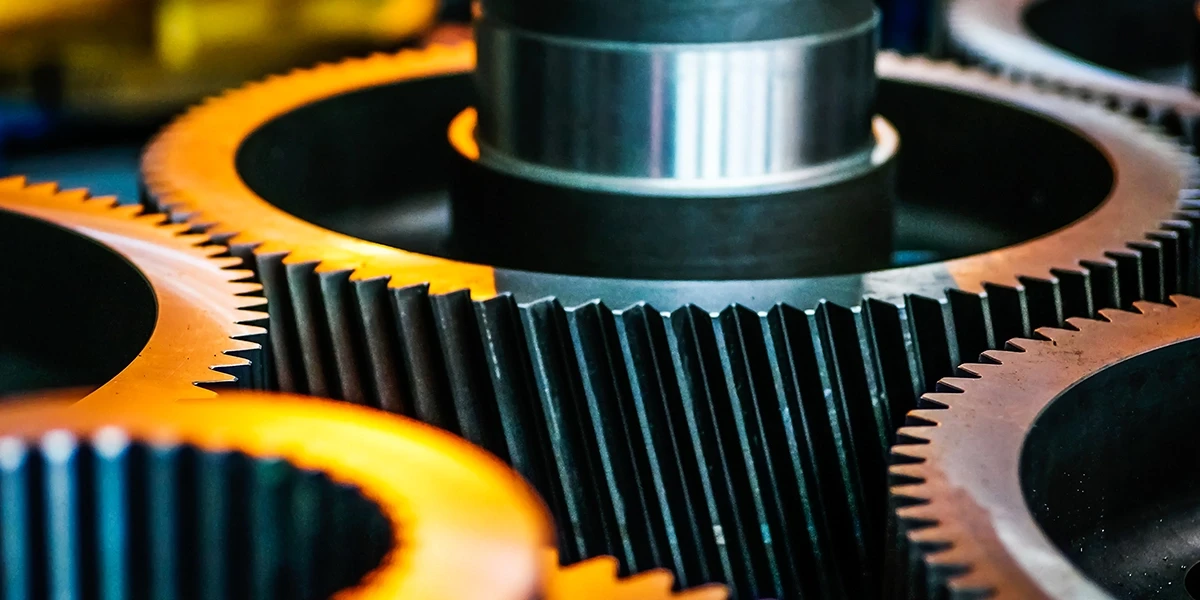
Choosing the Right Global Power Transmission Equipment
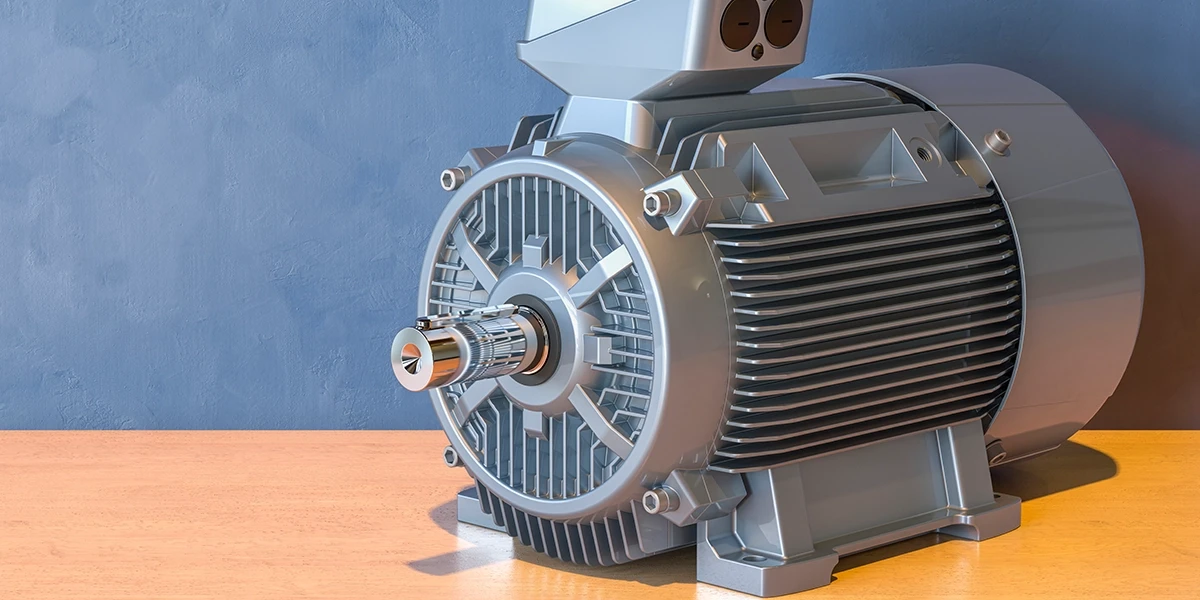
Top DC Motors for Industrial Automation
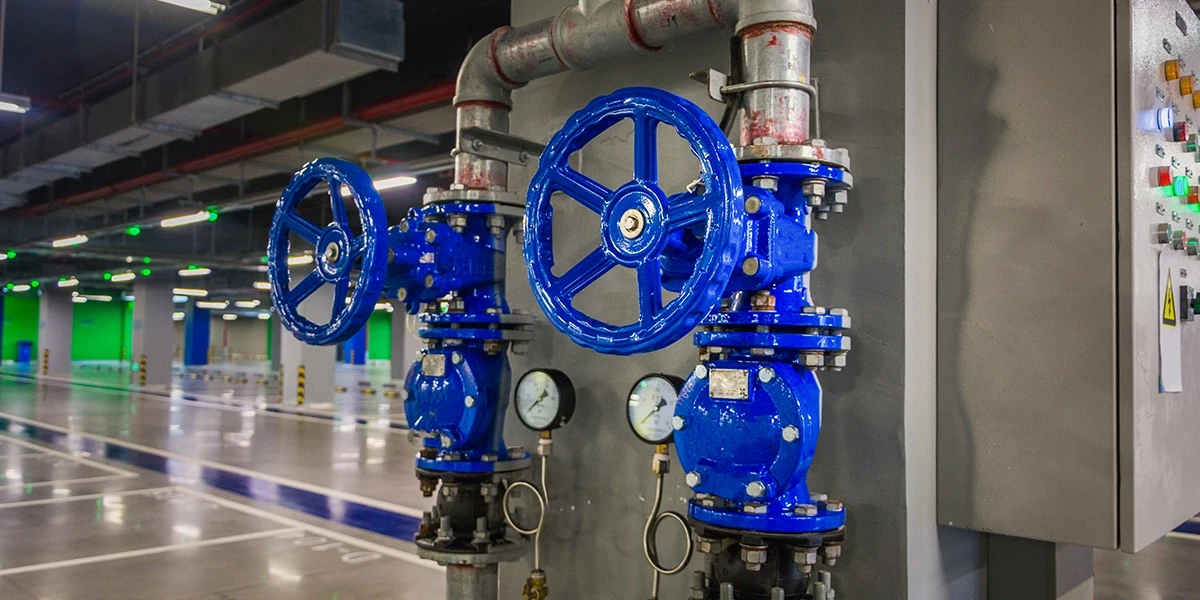
How to Select the Right Control Valves for Your System
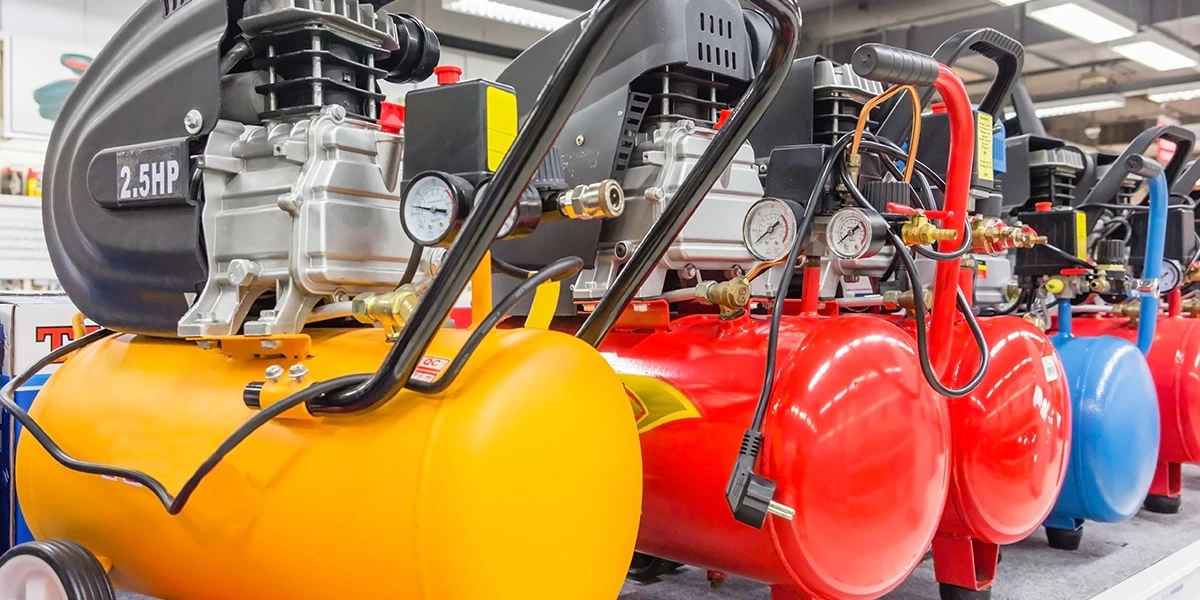
Air Compressors for Sale: Compare Models, Brands, Features
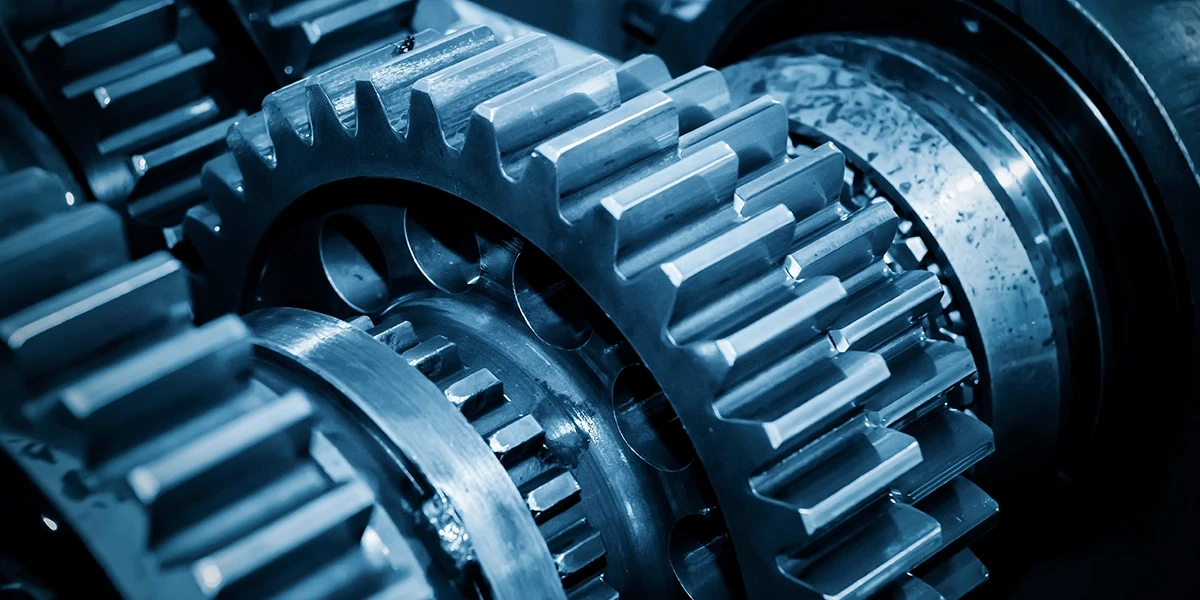
Essential Power Transmission Accessories for Industries